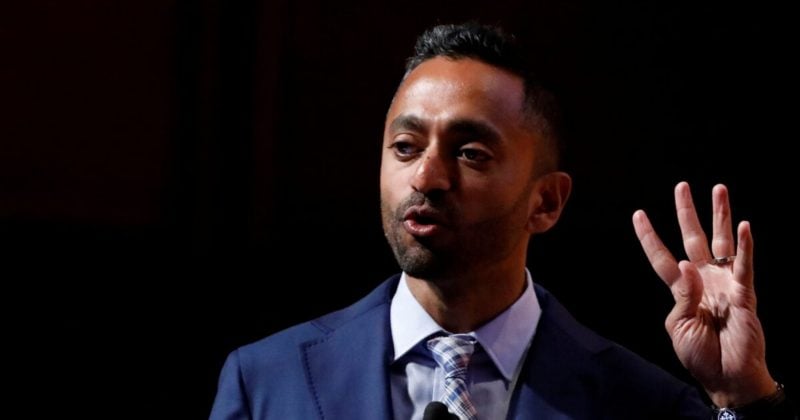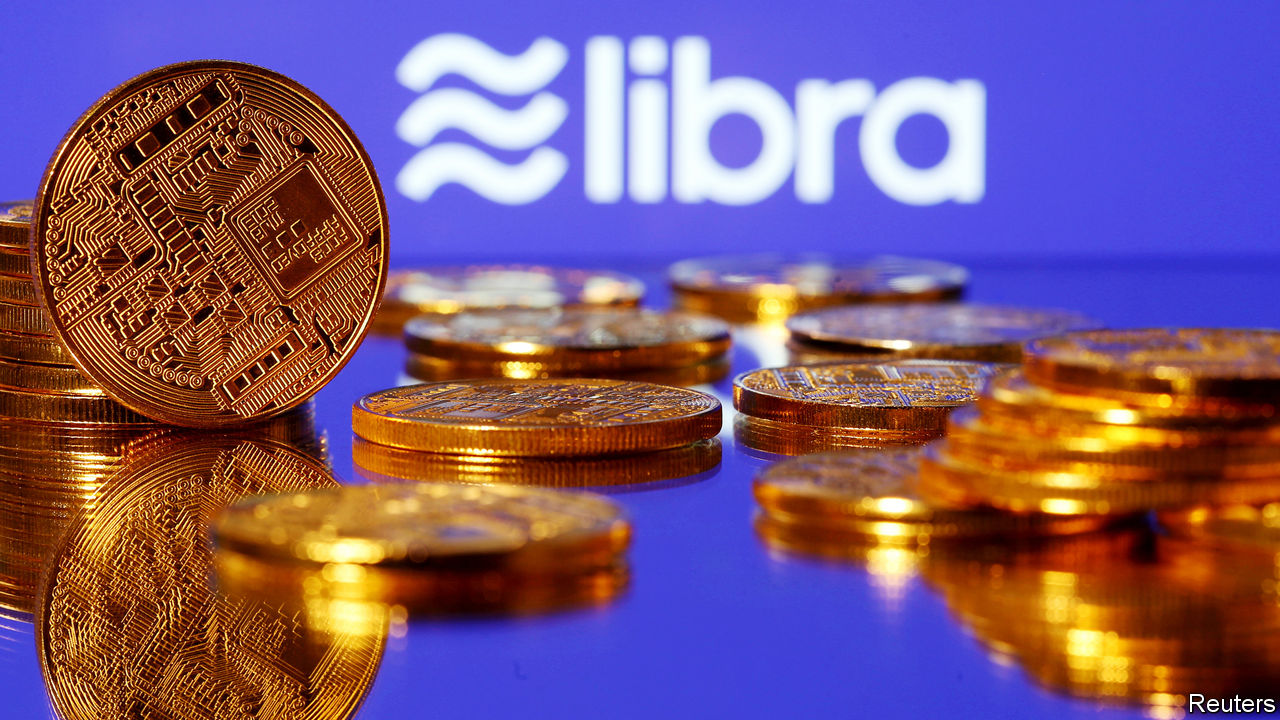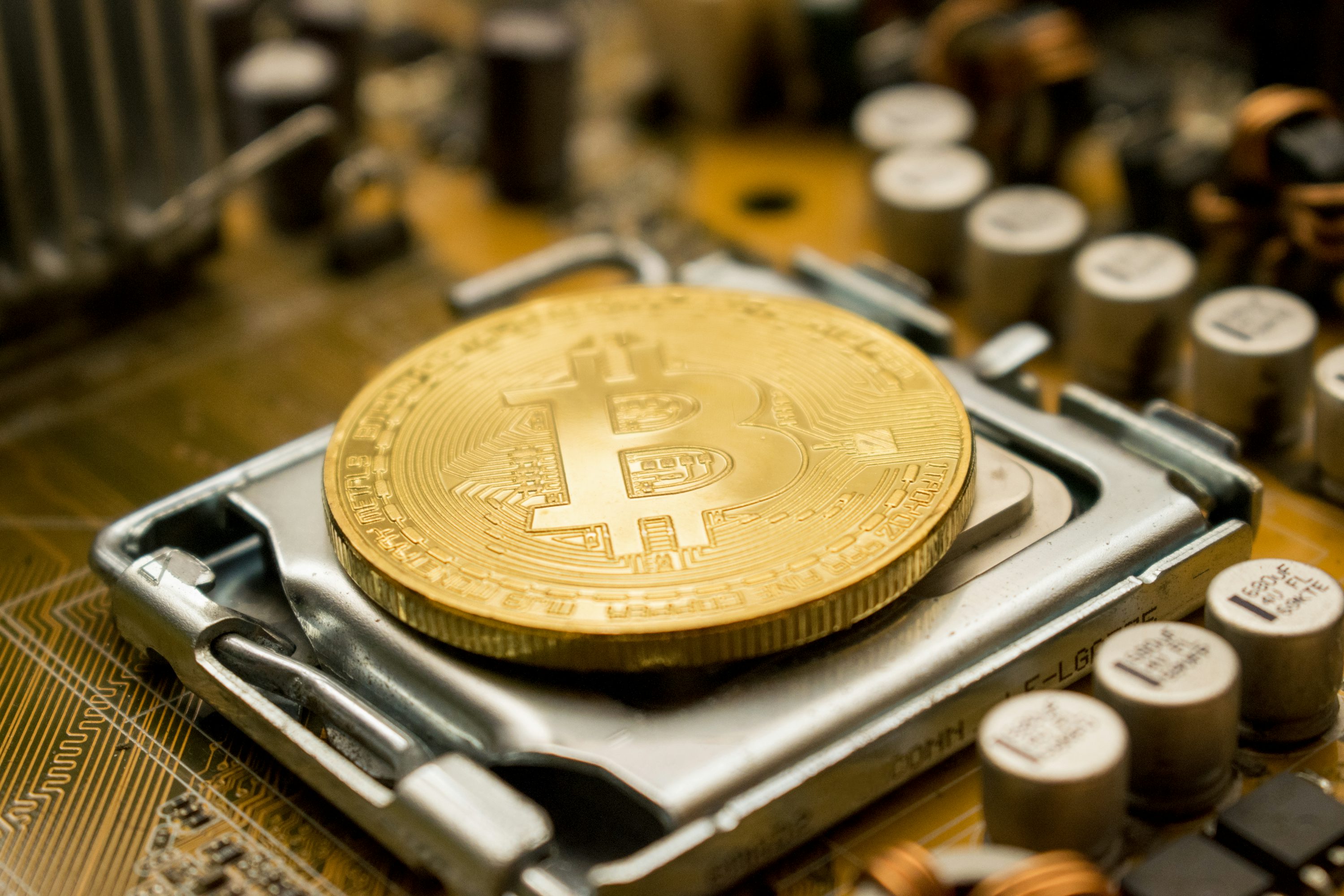India and the Philippines have taken a significant leap in their bilateral relations by forging a ‘strategic partnership’ to address urgent regional and global challenges. This elevated cooperation signals a strong commitment to accelerating connectivity across digital, physical, and financial domains, while pushing forward a shared digital agenda. With pressing demands for secure and inclusive digital transformation, both nations are prioritizing collaboration in e-governance, financial inclusion, and the development of resilient digital public infrastructure, anchored in robust cybersecurity and data protection standards.
In parallel, the partnership seeks to strengthen science, technology, and innovation (STI) cooperation through joint research, academic linkages, and skills development initiatives. These efforts will be structured under the 2025–2028 Programme of Cooperation between India’s Department of Science and Technology and its Philippine counterpart, underscoring both countries’ urgency and strategic value on innovation-driven growth.
The two parties also aim to deepen collaboration in peaceful applications of outer space, with contributions from academia, research institutions, industry, and startups. Parallel efforts will be made to expand the peaceful use of nuclear energy and strengthen Information and Communication Technology (ICT) partnerships, particularly in areas like edutech and medtech, through information sharing and the exchange of best practices.
“India is delighted to welcome Philippines President, Mr. Bongbong Marcos at a time when we mark 75 years of bilateral relations between our nations. It is equally gladdening that we have decided to elevate ties to a Strategic Partnership, which ensures our cooperation becomes more robust and diverse. An Action Plan has also been drawn up in this regard,” Indian Prime Minister Narendra Modi said on X.
“President Marcos and I held wide-ranging talks on India-Philippines bilateral cooperation, regional and global issues. An important part of the discussion was to boost trade. Other areas like IT, healthcare, automobiles, minerals, space and science offer immense potential too. Growing cooperation in defence and security is also a very welcome development,” Modi added.
On the economic front, the two nations have welcomed a steady increase in bilateral trade, which reached approximately $3.3 billion in 2024–25, India’s Ministry of External Affairs said in a statement. Both sides are committed to sustaining this growth by diversifying trade and investment flows and leveraging complementary strengths. They also agreed to expedite the conclusion of the Preferential Trade Agreement (PTA) while working toward a more business-friendly, simplified ASEAN-India Trade in Goods Agreement (AITIGA).
For the Philippines, partnering with India provides a strategic counterbalance to other major economic powers. For India, it expands its footprint in Southeast Asia, aligning with its strategic vision for a multipolar Asia. This strategic partnership is not just symbolic—it represents a timely and critical alignment of interests as both nations navigate an increasingly complex geopolitical and technological landscape.
By enhancing digital public infrastructure, e-governance, and financial inclusion, the partnership addresses urgent developmental needs while reducing reliance on traditional Western economies. Joint research, academic exchanges, and research and development (R&D) through the 2025–2028 Programme of Cooperation will build technological capabilities and human capital. This is vital for both India and the Philippines as they aim to be competitive in emerging technologies.
India boosts tech alliances amid global uncertainty
In the months ahead, India is set to accelerate strategic partnerships with countries aligned with its innovation-focused goals, especially those offering political stability, strong investment prospects, and advanced tech capabilities. Amid rising global volatility, there’s a pressing need for India to strengthen these relationships to safeguard and advance its long-term economic and technological vision.
Modi’s economic strategy faced a major disruption after U.S. President Donald Trump imposed a steep 50% tariff on Indian exports in retaliation for India’s oil trade with Russia. The situation escalated when Trump publicly criticized India’s economy as “dead” and condemned its trade policies as “obnoxious,” further deepening tensions between the two nations. The impact was particularly severe given that the U.S. is India’s largest trading partner—and Modi had previously gone out of his way to maintain close ties, including being one of the first foreign leaders to visit Trump following his return to office.
In response to the economic jolt from Washington, Modi appears to be recalibrating India’s foreign policy, moving to strengthen ties with other nations. As part of this shift, India and China are working to revive economic cooperation, which had cooled after a deadly border clash in 2020. In a notable development, Modi is expected to visit China for the first time in seven years to meet President Xi Jinping at the Shanghai Cooperation Organisation summit in Tianjin on August 31, signaling a potentially significant realignment in India’s global partnerships.
At the same time, India and the Philippines are entering a decisive new phase in their relationship, building on over seven decades of cooperation that began with establishing diplomatic ties in 1949. Over the years, the two nations have formalized their partnership through key agreements, including the 1952 Treaty of Friendship, the 2000 Memorandum of Understanding on Policy Consultation Talks, and the 2007 Joint Commission on Bilateral Cooperation and Framework of Bilateral Cooperation. These milestones have laid the foundation for the newly launched strategic partnership between the two Asian powerhouses, a move that signals a renewed urgency to unlock the full potential of bilateral, regional, and global collaboration.
India, Philippines expand security ties to cyber domain
To inject fresh momentum into this evolving India-Philippines strategic partnership, security cooperation has been expanded to include the cybersecurity domain.
According to the official statement, both countries will step up efforts through regular meetings of the Joint Working Group on Counter-Terrorism to address emerging challenges, such as cybercrime, misuse of technology for terrorism, and financial crimes. They also plan to deepen collaboration in cybersecurity, digital governance, and emerging technology fields, including artificial intelligence (AI), financial technology, digital forensics, and Computer Emergency Response Team (CERT) coordination. This includes policy dialogue, capacity building, and knowledge exchange on digital public infrastructure and critical information protection.
Globally, addressing digital crimes has proven to be an especially complex and demanding task for governments, law enforcement agencies, and cybersecurity professionals alike. The constantly evolving nature of technology, combined with the anonymity provided by the Internet, allows cybercriminals to operate across borders with increasing sophistication and speed. Traditional legal frameworks often struggle to keep pace with the rapid advancement of digital tools used for illicit activities, creating gaps that criminals are quick to exploit.
For instance, in July 2025, the digital asset sector suffered significant financial damage, with hackers stealing at least $142 million across 17 separate incidents and marking a sharp 27% increase compared to the $111 million lost to malicious actors in June. The five most damaging breaches of the month together accounted for over $130 million in losses. These included attacks on CoinDCX ($44.2 million), GMX ($42 million), BigONEexchange ($28 million), WOOX ($12 million), and FutureProtocol ($4.2 million).
The data underscores the urgent need for strengthened cybersecurity measures, improved incident response protocols, and closer cooperation between exchanges, regulators, and blockchain security firms to stay ahead of increasingly sophisticated attacks.
TCS, NOW Telecom join hands for Philippines
In a critical move to strengthen the Philippines’ digital infrastructure and national cybersecurity, Indian information technology major Tata Consultancy Services (TCS) has signed a strategic agreement with the Philippines’ NOW Telecom, the telecom arm of NOW Corporation. This partnership aims to accelerate the country’s efforts in securing digital sovereignty, enhancing financial inclusion, and building a resilient, secure network infrastructure amid rising cyber threats and growing demand for digital services, TCS said in a statement.
Under the Memorandum of Understanding (MoU), TCS said it would provide NOW Telecom with advanced technologies, including sovereign cloud solutions, a comprehensive cyber-defense suite, and citizen-focused digital services. These efforts are geared toward empowering the nation with self-reliant digital systems and infrastructure, reducing dependence on external networks, and ensuring critical systems remain protected in times of crisis.
According to Mel Velarde, Chairman of the NOW Group: “This partnership with TCS, a global market giant, marks a significant step towards enhancing our national digital sovereignty and reducing reliance on foreign technologies. NOW’s and TCS’ expertise and innovative services will contribute to our nation’s data sovereignty by defending against risks and threats while creating a scalable, secure, and robust data infrastructure. The partnership between NOW and TCS exemplifies the technological aspirations of both India and the Philippines, heralding a new dawn of critical digital transformation for the Philippines.”
The collaboration also emphasizes secure cross-agency operations, especially during complex emergencies, and aims to strengthen the Philippines’ capabilities in areas such as digital banking, e-health, and public digital services—all essential to advancing inclusive digital access.
Both TCS and NOW Telecom are active members of the Trusted Network Alliance, part of the global Trusted Network Initiative (TNI), which promotes the development of secure telecom ecosystems across the Indo-Pacific. TCS said it brings to this partnership its extensive experience, particularly in public sector transformation in India, to align with the Philippines’ clean network principles and digital infrastructure roadmap.
This strategic alliance marks a pivotal moment in TCS’ rapidly expanding footprint in the Philippines, where it has been a key player since 2008. As urgent demands for digital transformation intensify, TCS is accelerating its support across critical sectors—telecom, banking, finance, real estate, and aviation—driving innovation and economic resilience.
“This collaboration underscores our commitment to enhancing national digital sovereignty and cybersecurity. By leveraging our expertise and innovative services, we aim to support the Philippines in building a resilient and secure digital ecosystem. We look forward to contributing to the country’s digital transformation journey,” said Shiju Varghese, Country Head of TCS Philippines.
Perfect timing?
India’s strategic partnership with the Philippines comes at a time when the archipelagic country is approaching a critical moment on the regional stage as it prepares to host the 44th ASEAN Summit in 2026. With the spotlight turning toward Manila, Trade and Industry Secretary Cris Roque has been urging the nation to seize this opportunity to lead a bold and inclusive digital agenda that highlights the country’s rapid progress in innovation.
Speaking at the 51st Philippine Business Conference & Expo, Roque outlined a clear strategy: use ASEAN 2026 not just as a diplomatic milestone, but as a platform to demonstrate the Philippines’ emergence as a digital frontrunner in Southeast Asia. She emphasized the urgency of empowering micro, small, and medium enterprises (MSMEs), strengthening public-private collaboration, and embracing transformative technologies such as artificial intelligence and blockchain to position the country as a dynamic digital hub.
Roque underscored digitalization as a crucial tool to overcome geographic barriers and foster inclusive growth—aligning with President Ferdinand Marcos Jr.’s “Bagong Pilipinas” (New Philippines) vision of a modern, integrated, and future-ready nation. ASEAN 2026 represents an opportunity to put these strengths on display and assert the country’s growing influence in the regional and global digital economy.
Watch: What’s going on with blockchain technology in India?

















 English (US) ·
English (US) ·